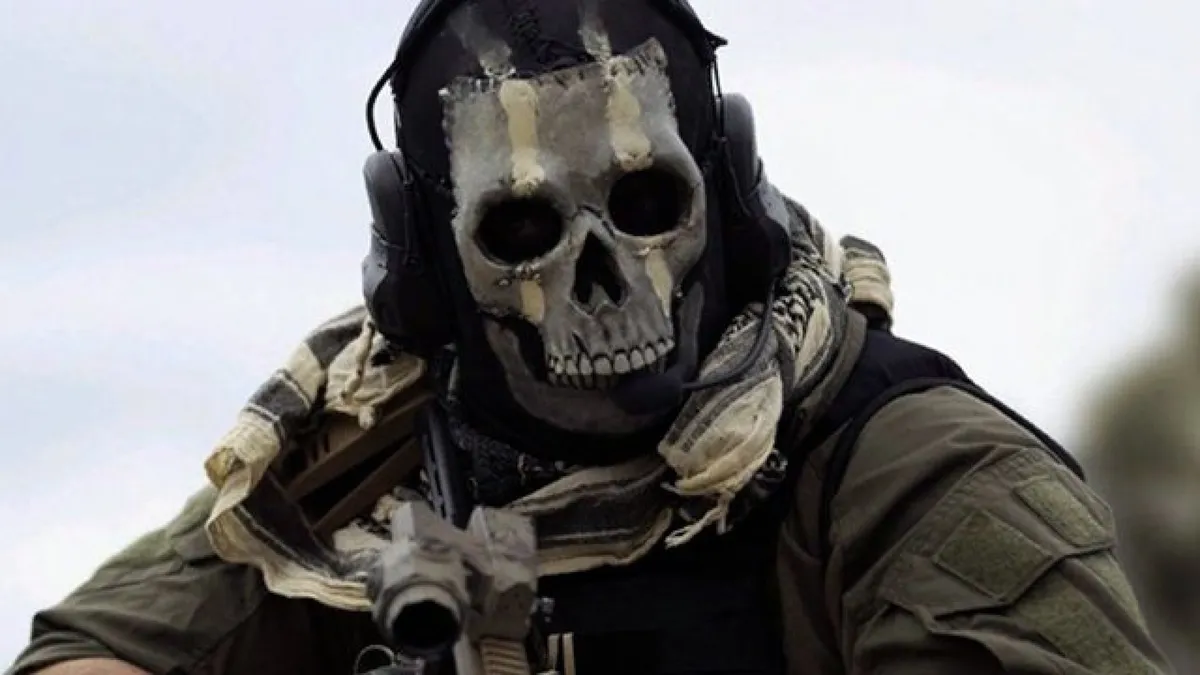When “The Hand That Rocks the Cradle” was first released in 1992, it quickly established itself as a seminal entry in the psychological thriller genre. Directed by Curtis Hanson and starring Rebecca De Mornay, Annabella Sciorra, and Matt McCoy, the film explored themes of trust, deception, and revenge within the seemingly safe confines of suburban America. The film’s chilling portrayal of a vengeful nanny who gradually dismantles a family from within struck a nerve with audiences and critics alike, leaving a lasting impact that resonates to this day.
Now, more than three decades later, 20th Century Studios has announced plans to bring this iconic story back to the big screen with a fresh perspective. Maika Monroe, known for her roles in “It Follows” and “The Guest”, is set to star, while Mexican director Michelle Garza Cervera, acclaimed for her horror film “Huesera: The Bone Woman”, will take the helm. The remake aims to modernize the original, reimagining its plot and characters to reflect the complexities of contemporary society while retaining the suspenseful essence that made it a cultural touchstone.
What has made the original movie “The Hand That Rocks the Cradle” so unforgettable, the changes we can expect in the remake, and how the involvement of new talent promises to revitalize a story that’s just as relevant in 2024 as it was in 1992.
The Original Film
At its core, a story about the fragility of trust and the dark undercurrents that can lurk beneath the surface of everyday life. The film begins with the tragic events that befall Claire Bartel (Annabella Sciorra), a Seattle housewife who becomes the target of Peyton Flanders (Rebecca De Mornay), a seemingly perfect nanny with a hidden agenda. Peyton’s mission is to exact revenge on Claire and her family after a complaint filed by Claire against Peyton’s husband—a doctor who sexually assaulted her during a routine checkup—led to his suicide and, ultimately, the loss of Peyton’s unborn child.
The film’s portrayal of Peyton’s gradual infiltration of the Bartel family, her manipulation of their young daughter, and her attempts to replace Claire as both mother and wife created a sense of creeping dread that built to an unforgettable climax. De Mornay’s chilling performance as the psychopathic nanny remains a high watermark in thriller cinema, and the film’s tagline—“The hand that rocks the cradle is the hand that rules the world”—cemented its place in pop culture history.
A Modern Take: What to Expect from the Remake
The decision to revisit “The Hand That Rocks the Cradle” in 2024 is not merely a nostalgic endeavor. Hollywood’s interest in remakes and reboots often stems from a desire to explore how classic narratives can be adapted to address contemporary issues. With Michelle Garza Cervera at the helm, the new version of “The Hand That Rocks the Cradle” is poised to offer a fresh perspective that speaks to modern sensibilities and social dynamics.
Cervera’s work in horror and psychological thrillers, most notably “Huesera: The Bone Woman”, demonstrates her knack for blending supernatural elements with human fears. This unique approach could introduce a new layer of complexity to the story, possibly incorporating elements of psychological horror that were only hinted at in the original film. Cervera’s direction is likely to place a greater emphasis on the psychological unraveling of both the protagonist and antagonist, exploring the blurred line between sanity and madness.
Maika Monroe’s casting as the lead is equally promising. Monroe, who rose to fame with her breakout role in “It Follows”, has a knack for portraying characters grappling with fear, trauma, and paranoia. Her experience in genre films makes her an ideal choice for the role of either the vulnerable mother or the calculating antagonist, depending on how the remake chooses to reconfigure the original character dynamics.
While the core premise—a seemingly perfect nanny harboring a sinister secret—will likely remain intact, the remake is expected to introduce several key updates:
Character Dynamics: The remake could deepen the psychological complexity of the characters, potentially giving more backstory to both the protagonist and antagonist. The motivations behind the nanny’s revenge may be recontextualized to reflect contemporary discussions around trauma, justice, and retribution.
Social Commentary: The original film’s exploration of female rage and the consequences of betrayal could be expanded to include more nuanced discussions around power dynamics, gender, and systemic injustices. Given the MeToo movement’s impact on Hollywood and society at large, the remake has the opportunity to delve into issues of abuse, accountability, and the long-term effects of trauma in a way that feels both timely and impressionable.
Setting and Atmosphere: The original film’s suburban setting was integral to its suspenseful atmosphere, evoking a sense of isolation and entrapment within the safety of the family home. The remake might explore new settings that reflect the changing nature of family life, possibly incorporating elements of urban isolation or the impact of digital surveillance and technology on privacy.
Pacing and Style: Cervera’s direction is likely to favor a more atmospheric and tension-driven style, emphasizing psychological horror over straightforward suspense. This could manifest in slower pacing, unsettling visuals, and an increased focus on the emotional states of the characters, rather than relying solely on plot twists and climactic confrontations.
Revisiting and Reimagining: The Importance of Remakes
The remake of “The Hand That Rocks the Cradle” is more than just a rehashing of a beloved classic. It’s an opportunity to revisit a story that, at its heart, is about power, manipulation, and the fragility of trust—universal themes that can be reinterpreted to reflect the anxieties and fears of a new generation.
In the context of today’s sociopolitical landscape, the remake has the potential to engage with issues that were only touched upon in the original. The film could delve into the complexities of victimhood and the gray areas of morality, challenging audiences to question what makes someone a victim or a villain. By placing the focus on the psychological states of its characters and their interactions, the remake could offer a more introspective and thought-provoking take on the story, moving beyond the traditional thriller framework.
Moreover, casting Maika Monroe signals an intention to inject a contemporary sensibility into the narrative. Monroe’s ability to convey vulnerability and resilience makes her an ideal choice to bring new dimensions to the protagonist’s character, whether she’s portraying the unsuspecting mother or the vengeful antagonist.
As Hollywood continues to mine its past for stories that resonate with modern audiences, the remake of “The Hand That Rocks the Cradle” serves as a reminder of the enduring appeal of psychological thrillers. These films tap into primal fears and societal concerns, offering a space to explore the darker aspects of human nature.
With Michelle Garza Cervera’s distinctive directorial vision and Maika Monroe’s nuanced acting style, the remake promises to honor the legacy of the original while charting new territory. It’s a chance to reexamine a story that captivated audiences in the early ‘90s and reintroduce it with a fresh perspective that speaks to the complexities of our times.
Ultimately, the success of the “The Hand That Rocks the Cradle” remake will depend on its ability to balance nostalgia with innovation, paying homage to its predecessor while offering something new and compelling. With the talent involved and the timeless nature of the story, it’s poised to be a thriller that captures the imagination of both fans of the original and a whole new generation of moviegoers.
No comments yet.







